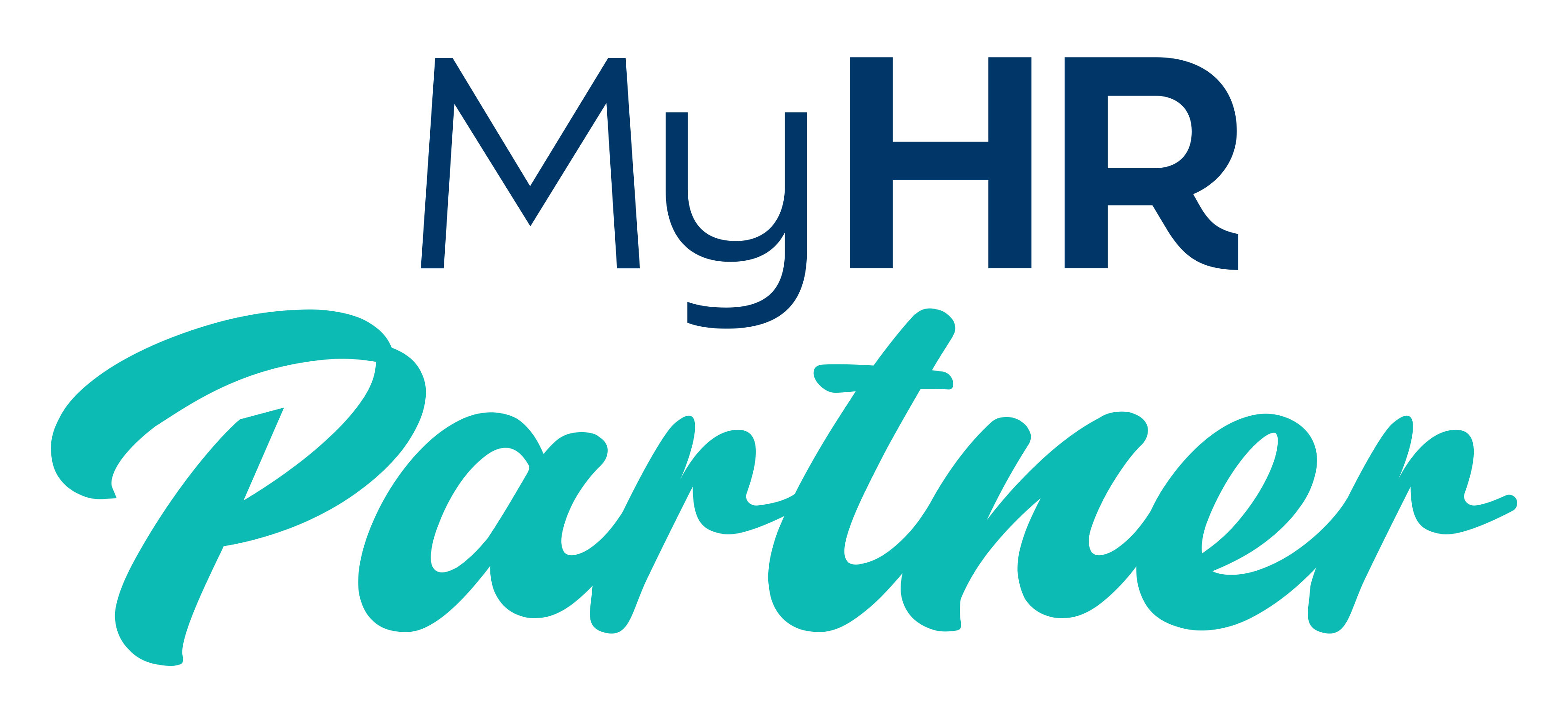Peace of Mind HR On-Demand
Your HR manager, without the payroll cost.
Running a business means juggling people, policies, and problems you didn’t plan for.
One tricky HR issue can eat hours of your time and cause sleepless nights.
That’s where My HR Partner’s Peace of Mind HR On-Demand service helps you.
We become your virtual HR Manager — someone who knows your business, understands your people, and is just a call or email away when you need trusted guidance.
No call centres. No waiting in line. Just real support from someone who gets it.
Why businesses love Peace of Mind HR On-Demand
The same expert, every time. You’ll speak with the same HR professional who already knows your team, culture, and policies, making every conversation faster, clearer, and more effective.
Confidence, not confusion. With expert HR advice on tap, you can stop second-guessing decisions and act with certainty.
Time back in your day. We handle compliance, contracts, and trickier people matters, freeing you to focus on running and growing your business.
Affordable peace of mind. Get the value of a full-time HR manager without the overhead — just $600 per month (inc. GST) for businesses with up to 30 employees.
Peace of Mind
HR On-Demand
One of the most significant advantages
of partnering with My HR Partner is the
ability to speak to the same person every time, as opposed to a call centre or generic phone advisory service. Your HR expert will be familiar with your business and policies, making the process more efficient and effective.

What’s included
You’ll have ongoing access to:
Up to 4 hours of tailored HR support each month — by phone or email, whenever you need it.
A dedicated HR partner who responds quickly and proactively helps you avoid issues before they escalate or deal with them quickly
Our Employee Onboarding System, to get new starters set up and settled with ease.
Templates, checklists and resources to keep you compliant and consistent.
Full access to the My HR Partner HR Hub — your online library of tools, videos, webinars, and Q&A sessions.
No more panic calls.
No scrambling through the Fair Work website to check the rules.
Just confidence that your HR is handled and your people are supported the right way.
When challenges come up, you’ll have a trusted HR expert ready to guide you through, so you can lead with calm and clarity.
Join Peace of Mind HR On-Demand
You don’t have to do HR alone.
Let us take the worry off your plate so you can focus on what really matters.
Choosing Peace of Mind HR on Demand provides you with the assurance of having a dedicated HR partner who will attend to your HR needs and concerns. With a monthly package price of $800, (including GST) for businesses with up to 30 employees, you can enjoy the benefits of having a reliable HR partner without the high cost of a full-time HR manager.
Our Latest Blog Post
No blogs found
We provide HR advice and support. We have trusted partners to assist with any employment law issues
outside of our scope.
More info
Suite 17, 741-743 Lawrence Hargrave Drive, Coledale NSW 2515
Suite 4, 133 Wharf Street, Tweed Heads NSW 2485
ABN 30 644 527 015

Get HR Advice from our HR expert
Our Latest Blog Post
No blogs found
We provide HR advice and support.
We have trusted partners to assist with
any employment law issues outside
of our scope.
More info
PO Box 1079
Coolangatta QLD 4225
ABN 30 644 527 015
Get HR Advice from our HR expert







